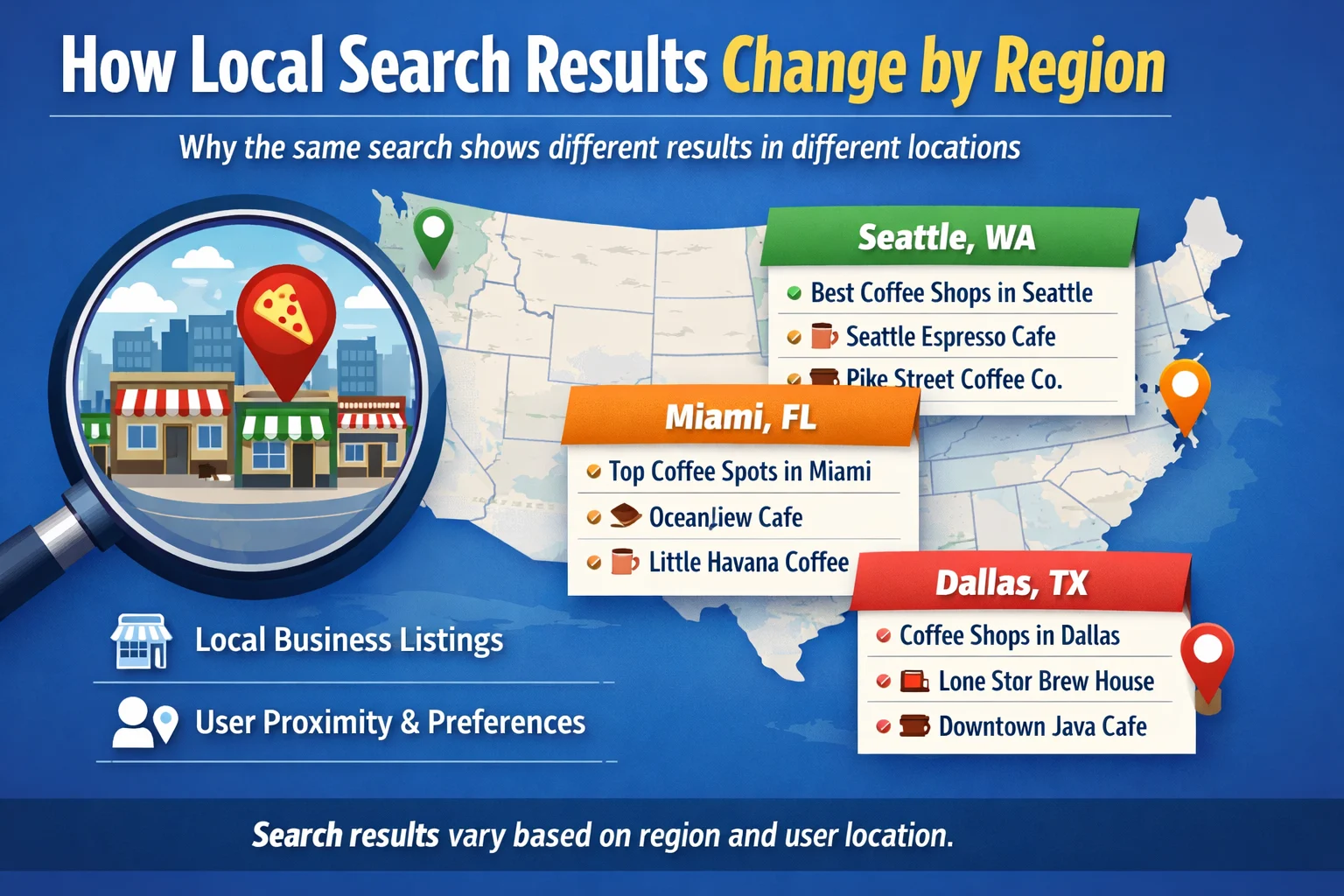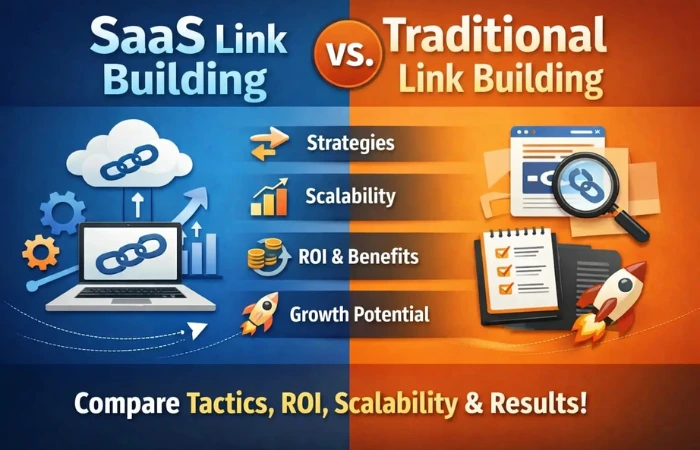SEO (search engine optimization) is essential for riding relevant natural visitors to your website. However, many common SEO mistakes can hurt your rankings and traffic.
By understanding and keeping off those not-unusual search engine optimization errors, you can improve your website’s visibility and performance in seeking results.
What Are Some Common SEO Mistakes?
Here are some of the most common SEO mistakes to watch out for
Not Doing Keyword Research
One of the most important SEO mistakes is not taking the time to investigate, and goal-relevant keywords. You want to discover keywords that have decent search quantity and opposition levels that fit your internet site. Targeting overly competitive or low search volume keywords will lead to poor rankings and traffic. Use keyword research tools to build your list.
Lacking Quality Content
Posting low-quality content with little value to users is an SEO mistake. Search engines want to rank pages with informative, well-researched content that answers searchers’ queries. Ensure you publish useful content optimized with keywords consistently. The more quality content you have, the better.
Ignoring Technical SEO
Ignoring Technical SEO Factors like site speed, mobile optimization, proper URL structures, etc., impacts SEO success. If your site has technical flaws and errors, search engines can’t easily crawl or index it, leading to poor visibility.
Over-Optimizing for Keywords
Over-Optimizing for Keywords While keyword optimization is essential in SEO, over-optimizing looks spammy. Don’t just cram content with keywords. Write naturally for visitors while organically working on your target keywords. Aim for about 2-3% keyword density.
Having Bad Internal Linking
Proper internal linking enables crawlers to discover important pages and pass “link juice” to strengthen pages. Fail to interlink topically related content, and you limit a search bot’s ability to rank key content pages higher over time.
Ignore Local SEO
Not Doing Local SEO If you operate locally, not optimizing your Google My Business listing and website for local searches limits you to competing nationally. Ensure you target local keywords, have schema markups for your address, and encourage localized reviews and engagement signals.
Using Duplicate Content
Simply copying content from other websites is a massive SEO mistake. Search engines want to surface original, useful information to searchers. Give engines fresh content to index while avoiding scraping or copying from other domains.
Improper Meta Information
Your page titles, meta descriptions, alt text, etc. impact click-through rates and rankings. Using default, missing, overly promotional, or inaccurate meta info fails to capture search interest. Carefully optimize this data to boost rankings and traffic.
Ignore to Monitoring Your Progress
Not Monitoring Your Progress You must track vital SEO metrics like rankings, traffic, click-through rates, etc. Without monitoring your ongoing progress, how will you know if your efforts are working or if your rankings are slipping? Set performance benchmarks and monitor them regularly.
Read here: A Complete Guide To SEO!
Should Outdated Content Be Updated?
Evergreen, updated content is strongly preferred by search engines. Google recalculates rankings frequently – pages lose relevance if they go unchanged for months. Schedule blog and resource page updates at least once or twice a year in slower niches.
Faster-moving industries may demand more frequent content refreshes. Republish outdated existing content by giving it a new angle or more detail with the latest information. Adding freshness signals through updated timestamps and citations helps regain search visibility.
Remember to steer clear of these common SEO mistakes as highlighted by Digital hikes Institute to maximize your search engine rankings potential. Avoiding just a few missteps can make a dramatic difference in driving more organic traffic from Google and other search engines. Contact our Houston digital marketing agency for a free website audit and competitive SEO analysis.
Why Is Duplicate Content Bad For SEO?
Duplicate content is problematic for SEO because search engines want to surface unique, original information to searchers. They strive to send visitors to authoritative sites with one-of-a-kind content that specifically answers user queries.
When engines crawl multiple identical or near-identical versions of the same content across sites, they cannot discern authority and topical relevance reliably. As a result, duplicate content leads to diluted link equity and search rankings since authority flows to multiple sources instead of the original.
Additionally, copied or scraped content provides no value to audiences. It does not offer searchers any new information beyond what they have already found elsewhere. Even lightly rewritten duplicate content gives users the same essential tips, steps, or summaries as verbatim copied content.
Since search engines reward originality and heavily publish unique content when ranking sites, duplicate content significantly hurts your site’s ability to reach and engage search audiences. Producing and publishing exclusively original, informative content should be a top-level SEO goal.
If you need to reference certain facts or background information, properly cite and link back to the source. But make sure the bulk of your content presents fresh advice, opinions, conclusions, examples, and perspectives not found elsewhere online. This uniqueness signals authority to search algorithms.
Tips For Avoiding SEO Blunders
Here are some tips to help you steer clear of common SEO mistakes:









By learning from common SEO mistakes others make, you can avoid these pitfalls yourself. Focus on providing value to human visitors while also satisfying search engines’ ranking factors, and your SEO success will grow over time.
Why Is Keyword Research Important For SEO?
Keyword studies are integral for SEO fulfillment as they allow you to become aware of the best keywords and phrases to target in your content and optimization efforts, such as coupon codes. Right keyword focus is critical for driving relevant organic site traffic from search engines.
Specifically, effective keyword research enables you to discover high-value keywords that align closely with what your target audience is searching for. It also helps you understand search intent and the types of content searchers are seeking when they query those terms.
Additionally, keyword research provides key data points like monthly search volume and keyword difficulty. By targeting keywords with sufficient search volume, you can tap into more traffic opportunities.
By optimizing for keywords with a reasonable, mid-range difficulty, you can gain rankings with less effort than highly competitive terms. In essence, proper keyword research sets the foundation for your entire SEO strategy.
It dictates the keywords you will target and optimize for throughout your website, content, titles, metas, etc. With the right keywords driving traffic and conversions, you see greater ROI from your SEO activities overall. That is precisely why keyword research is such a vital, indispensable part of effective and results-driven search engine optimization.
Related post: FREE SEO Tools TO Boost Your Traffic!
Why Is On-Page Optimization Important For SEO?
On-web page optimization is integral for SEO because it without delay affects how SERPs get admission to, crawl, interpret, and rank your content material. knowledgeable, strategic on-web page optimization indicators relevance and authority to go looking algorithms, helping carry your rankings.
Specifically, proper on-page SEO includes:






Each on-page element influences how search algorithms perceive and rank your content. By holistically optimizing these factors, you gain greater organic visibility in SERPs and traffic from high-value keywords. The better your on-page SEO, the better your results over the long term.
To follow all this things you need best digital marketing agency like mashupmind. You can find all the profile details about mashupmind is here: https://www.designrush.com/agency/profile/mashupmind
How Much Content Is Needed For Good SEO?
One of the most common SEO mistakes is not having enough high-quality content. Search engines, especially Google, strongly favor websites with in-depth, useful content focusing on common SEO mistakes keywords, and relevant topics.
As a general guideline, each page should have at least 1,500 words of content to satisfy search bots. Some experts recommend 2,000+ words per page for the best results. More content means more keywords and links to boost your SEO.
Should All Images Be Optimized For SEO?
Another common mistake is adding images without optimizing them for SEO. Every image you use should have a descriptive file name and alt text featuring your keywords, such as common SEO mistakes. Avoid generic names like image1.jpg or empty alt text attributes.
Optimizing images boosts your keyword density and relevance for search bots. You should also compress images to improve page load speeds, which is another search ranking factor.
How Can Technical Issues Impact SEO?
Technical problems like broken links, messy code, and page errors can also drag down your SEO. Fix broken links by redirecting them or removing dead pages. Validate your HTML code to catch errors.
Speed up web page load instances by way of optimizing pictures, caching pages, and using a content transport community. cell-friendliness is likewise key in recent times – make certain your website works well on telephones and drugs. Ignoring technical best practices hurts traffic and rankings.
Why Focus On Local Search Optimization?
Many businesses also fail to optimize for local search visibility. However, a majority of smartphone users search for local businesses online, so targeting local SEO is critical.
Build a Google My Business listing to feature your address, phone, photos, and services in locally packed results. Optimize pages and content around phrases like Houston SEO company or SEO Denver based on your location and offerings. Promote engagement signals like reviews and check-ins to stand out to nearby searchers.
What Types Of Links Should Be Built?
Link building is vital in SEO, but where and how you build links also matters tremendously. Focus on earning authoritative backlinks from quality websites related to your niche, like industry publications or resources.
Guest blogging and resource page link inserts are effective for SEO. Avoid shady link schemes and spamming low-quality directories. That can hurt your domain authority and rankings. The key is to build backlinks that search engines value and trust to boost your visibility.
How Often Should Analytics Be Checked?
With website analytics, data is power. Tracking key site metrics helps reveal high-performing content along with problem areas needing optimization. Check top-level dashboard data daily to monitor traffic. Drill down into deeper acquisition and landing page reports weekly.
Review keyword rankings, competitor sites, and link profiles at least once a month. Consistently analyzing your analytics guides better decisions and website improvements.
How Can I Avoid Overusing Keywords For SEO?
Carefully study your top keywords and integrate them into quality content naturally and conversationally. Do not simply stuff or overpopulate your copy with keywords. Have other people read your content to ensure it sounds natural. Expert recommendations are to keep keyword density around 2-3%.
What Impact Does Internal Linking Have On SEO Rankings?
Properly internally linking to related content signals search engines that these pages have topical authority. Crawlers can better categorize and rank interlinked content. Internal links also pass equity to help boost pages over time. This allows you to strategically strengthen target content.
Conclusion
Avoiding common SEO mistakes takes research, strategy, and constant performance monitoring. However, staying aware of errors others make allows you to steer clear of sabotaging your own site’s growth.
Focus on understanding intent, providing value, optimizing without overdoing it, and tracking your ongoing progress. Employ best practices that satisfy both site visitors and search engines for long-term sustainable SEO success.
Staying nimble, fixing issues as they emerge, expanding your knowledge, and not getting complacent with SEO will help your website continually gain visibility and maximize its reach over time.
Harsh Mistri is a Digital Marketing Executive with over 8 years of experience in SEO, online marketing, and growth strategies. He is passionate about exploring the evolving digital landscape and enjoys writing about technology, SEO, and digital marketing.







